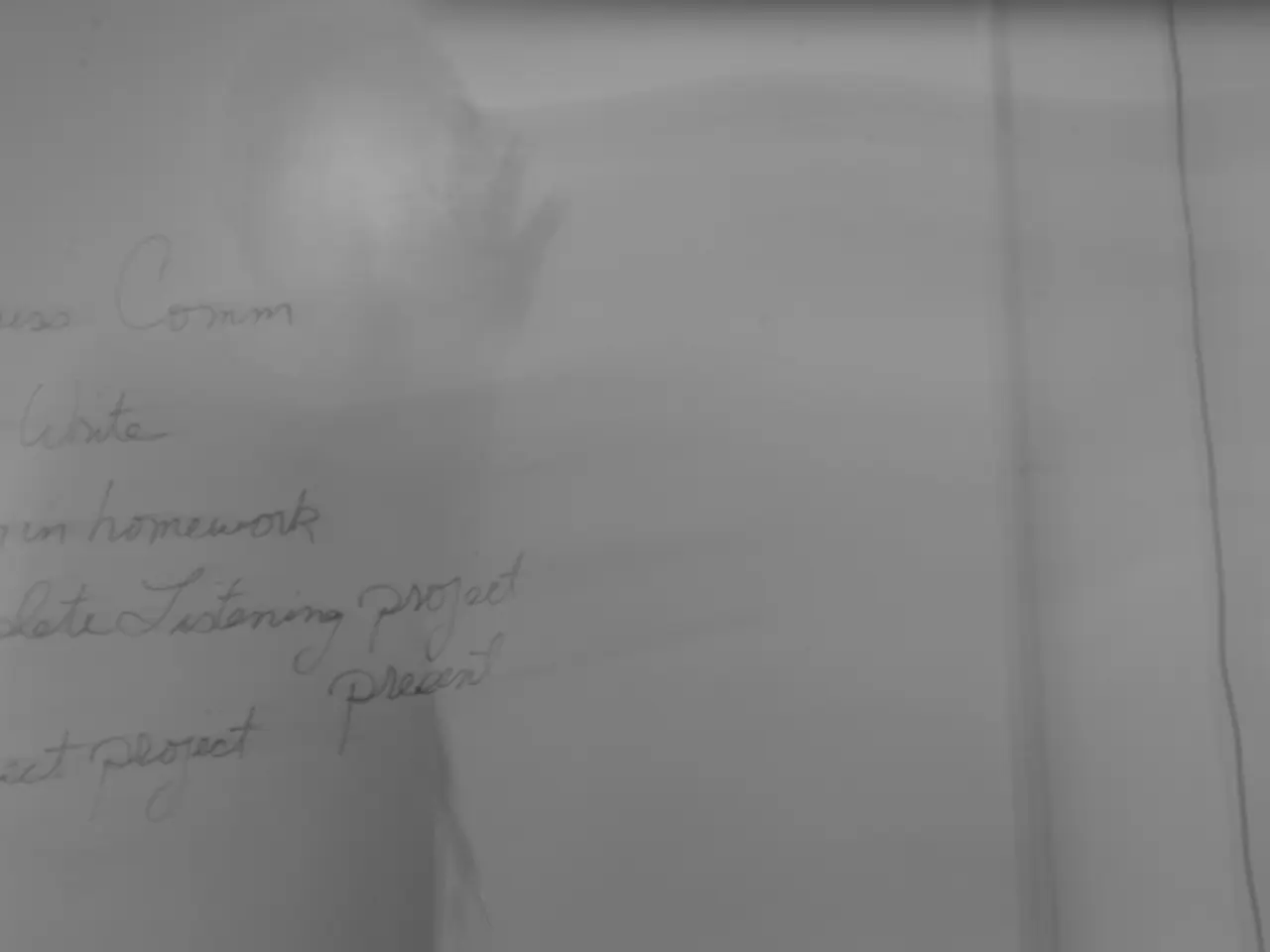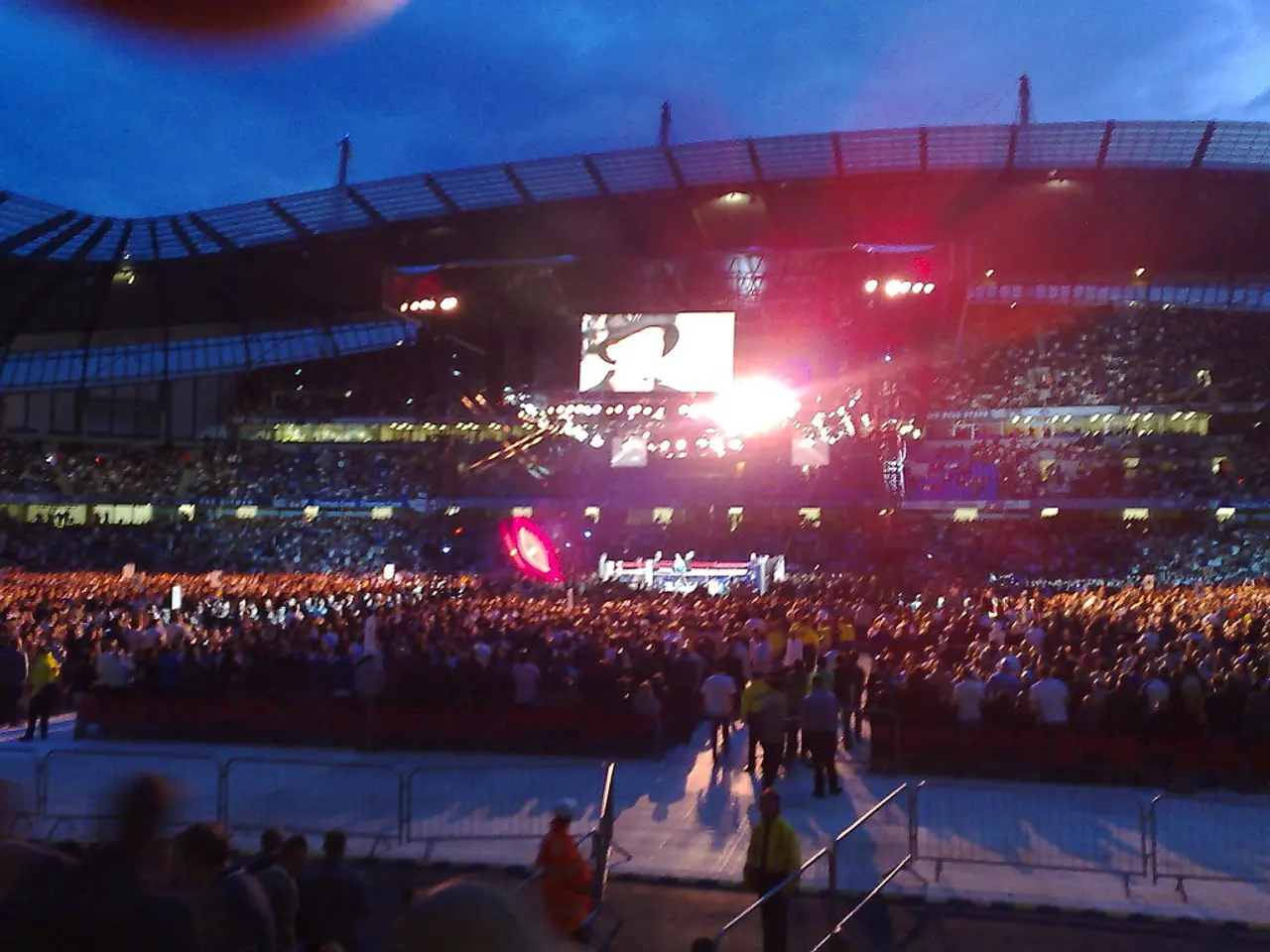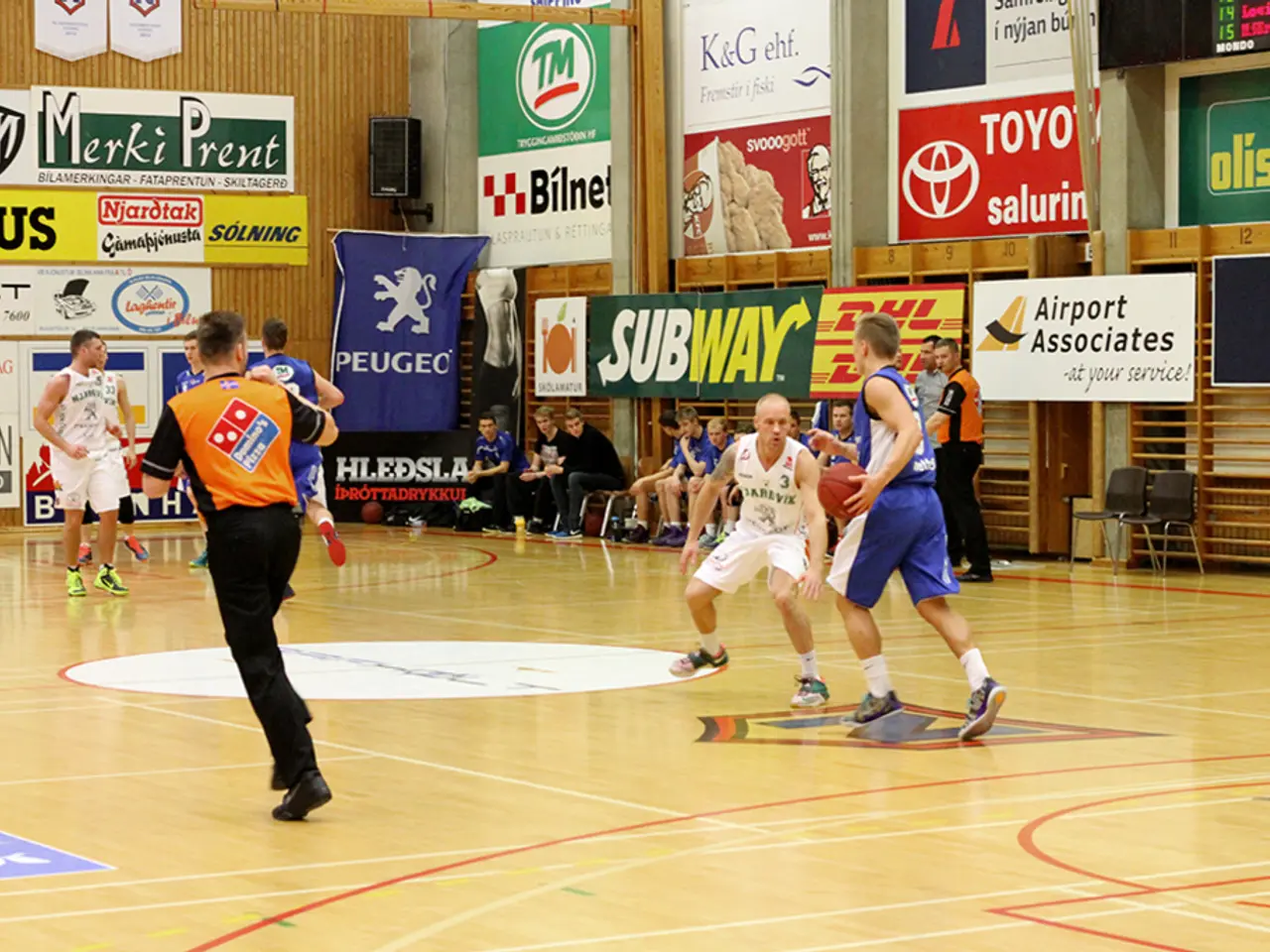Increased Gambling Taxes in Brazil Potentially Disrupting the Gaming Sector
Brazil's Gambling Tax Hike: A Double-Edged Sword
Brazil's recent decision to increase the gambling tax from 12% to 18% on Gross Gaming Revenue (GGR) has sparked a debate among industry experts and associations. The new tax rate, which is above the suggested threshold of 20%, could potentially push some operators out of the legal market and fuel the growth of unregulated gambling activities.
The increased tax burden on licensed gambling operators in Brazil is significant, potentially reaching over 55% when combined with other taxes. This heavy taxation has raised concerns that it may make licensed operations economically unviable, leading some operators to exit the legal market and deterring new entrants from obtaining licenses.
This shift towards unregulated gambling platforms could undermine government tax revenues and consumer protections. The unlicensed sites, free from taxes and rules, offer more competitive odds to players, making them more attractive. According to estimates, the unregulated market currently controls about 50% of Brazil's gambling scene, posing a risk for the legal market with the new tax hike.
The Brazilian Congress has set up a joint committee to review this provisional measure and its impacts. The committee plans to hold four public hearings, starting on August 7 and ending later in the month. Their vote is expected on August 26. Meanwhile, the government aims to use the increased tax revenue from gambling as part of a broader strategy to address social inequalities. In the first half of 2025, they collected €685 million in gambling tax revenue, anticipating enforcement of the new tax rate starting October 2025.
However, the tension between raising public revenues and maintaining a viable regulated market remains a critical concern. The government aims to cover a BRL20 million (~$3.6 billion) budget gap with the new gambling tax revenue. A smaller IOF hike is still an option, but the gambling industry warns that the tax could boost illegal activity to 60%.
A study by Copenhagen Economics, commissioned by the Swedish government, found that a tax rate of 15% to 20% on gambling operators strikes a balance that prevents players from moving to the unlicensed market. However, once the tax exceeds 20%, legal operators struggle to compete, and more gamblers turn to unlicensed sites.
The new gambling tax rate in Brazil is a part of Provisional Measure 1,303/2025, which was introduced earlier this year. The measure aims to regulate Brazil's financial markets using the IOF (Imposto sobre Operações Financeiras). Despite strict regulations, legal platforms in Brazil now attract just 20% to 40% of online bets, with the unlicensed sites offering better deals to players.
The final Congress deadline for decision-making on the gambling tax hike is October 9. The outcome of this decision could significantly impact Brazil's gambling industry and its fight against illegal betting activities.
- The ongoing debate among industry experts and associations in Brazil centers around the recently implemented 18% gambling tax, with concerns that the tax hike could push some operators into the unregulated market.
- The increase in taxation on licensed gambling operators in Brazil, reaching over 55% when combined with other taxes, may make licensed operations economically unviable, leading to a potential growth in unregulated gambling activities.
- To address the tension between raising public revenues and maintaining a viable regulated market, the Brazilian Congress is currently reviewing Provisional Measure 1,303/2025, which includes the new gambling tax rate, and their decision by October 9 could significantly impact the country's gambling industry and its fight against illegal betting activities.




